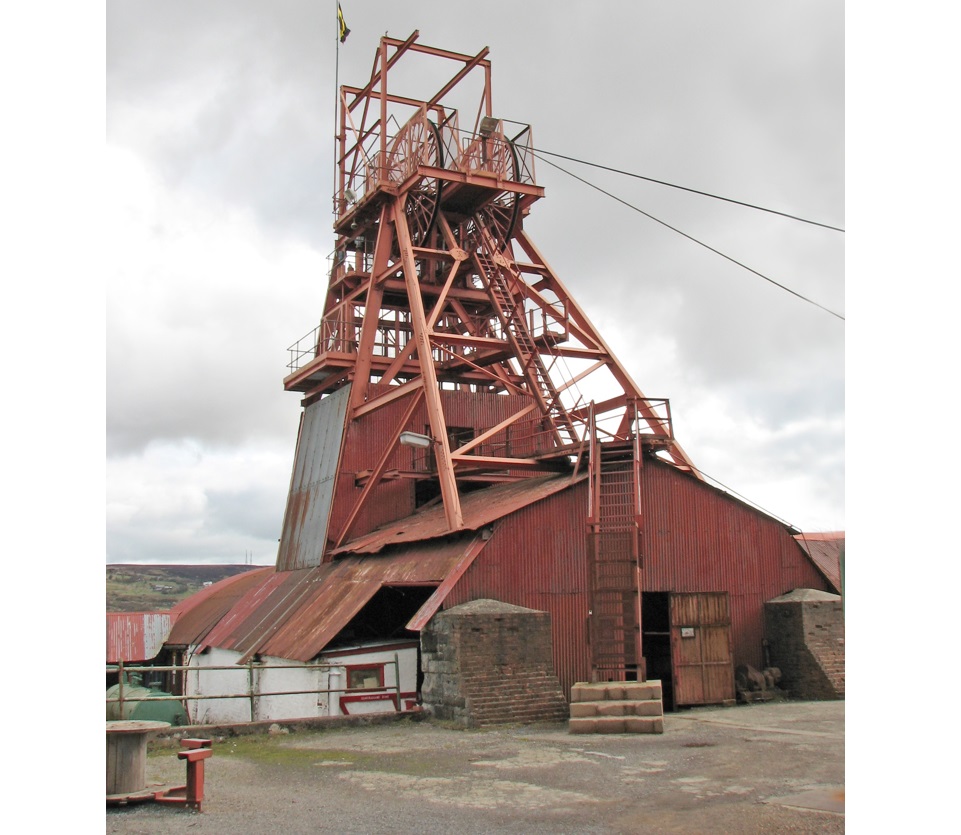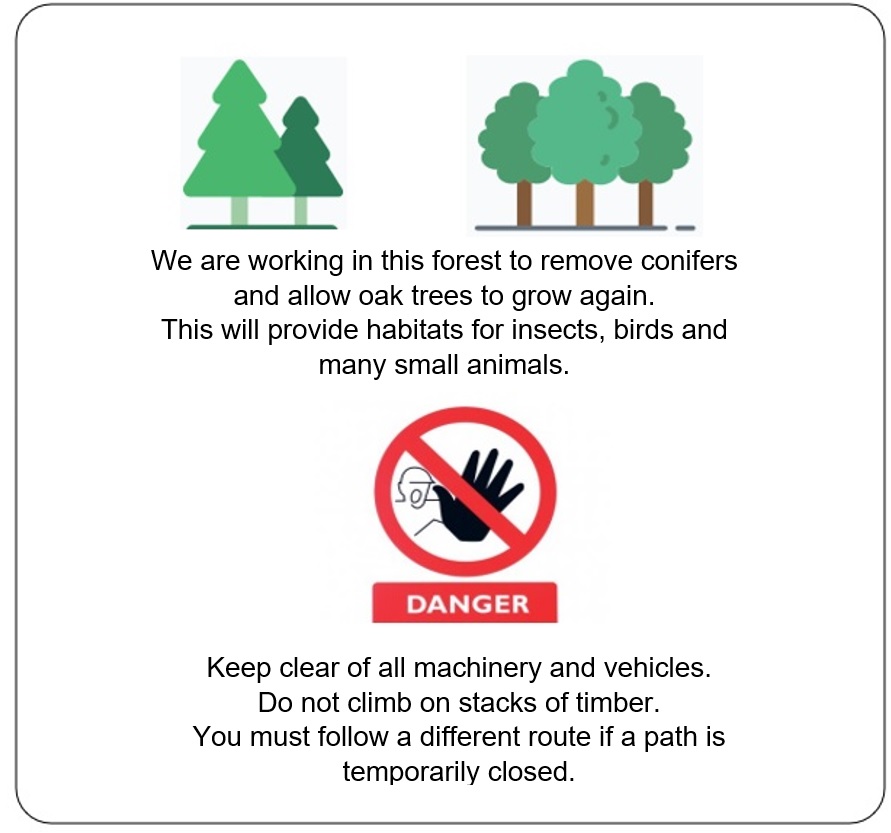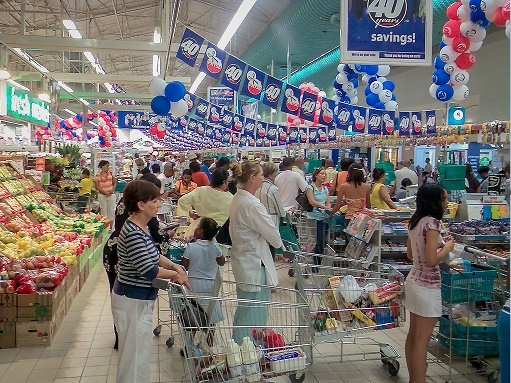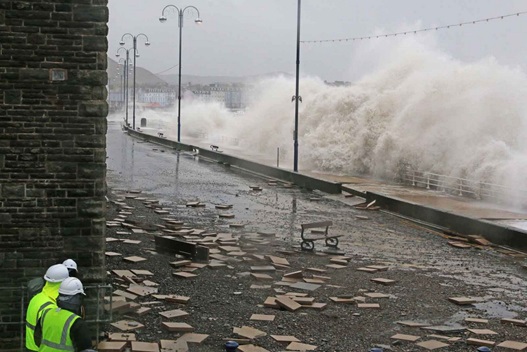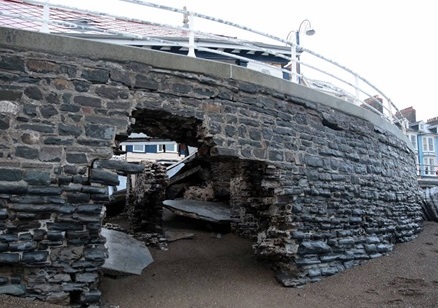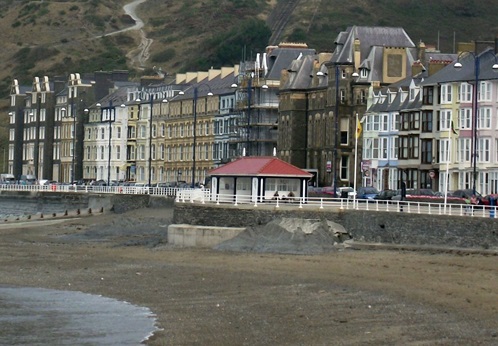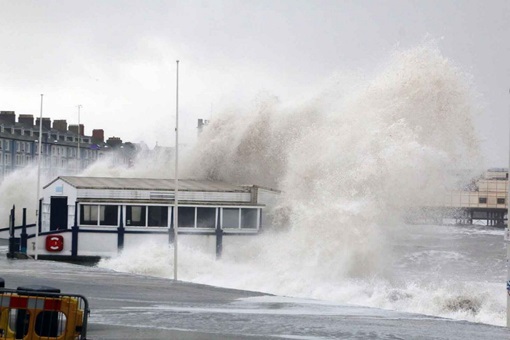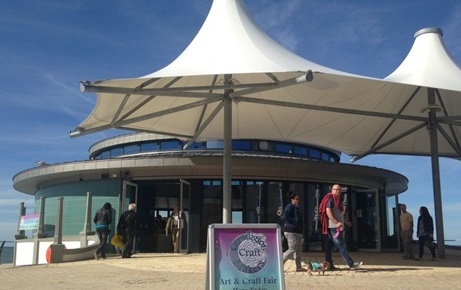Big Pit
Big Pit is a coal mine on the side of the valley above the town of Blaenafon in South Wales.
The mine was operating for a hundred years, employing thousands of miners.
Coal mining came to an end but the mine has reopened as a museum and visitor centre.
The buildings of the mine have been preserved.
You can visit the winding engine and workshops, and the miners` baths and canteen.
Visitors wear hard hats and lamps, and descend the shaft to the underground workings.
Former miners guide you through the tunnels, explaining how the coal was cut and transported to the shaft.
Miners cut coal by hand in the early days, but more recently the mine used large machines to cut the coal.
Translate the sentence:
Big Pit is a coal mine on the side of the valley above the town of Blaenafon in South Wales.
Suggested translation: (a number of alternatives acceptable)
